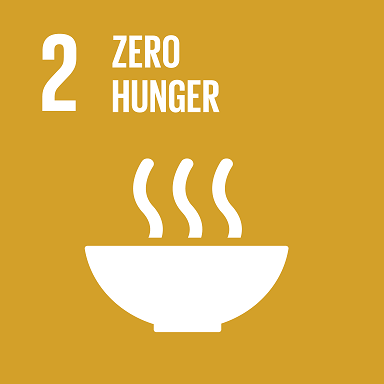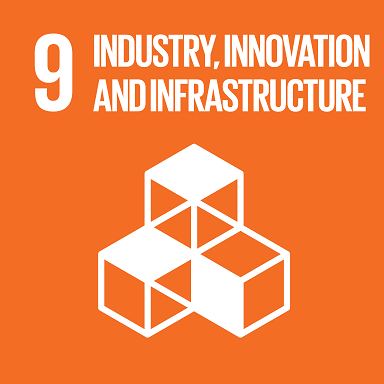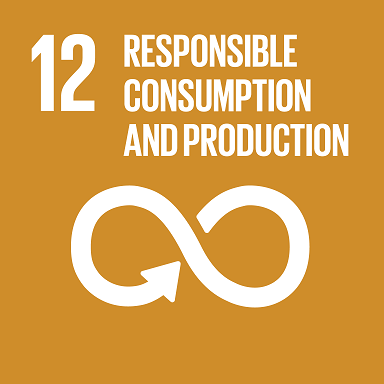Good Practices
Agencia Chilena de Cooperación Internacional (AGCID) - Chile
Servicio Agricola y Ganadero (SAG) - Chile
Unidad de Laboratorios Centrales de Sanidad Agropecuaria (ULCSA), Ministerio de Agricultura (MINAG) - Cuba
Embajada de Chile en Cuba



Face-to-face meetings to define purchasing and import processes
Description of the practice:
Carry out face-to-face meetings to create a protocol of action for the implementation of purchasing and procurement actions abroad, in agreement with all actors involved. This will serve both to minimise possible delays or administrative complications and to ensure compliance with all regulatory requirements, which implies impacts on the efficiency of the project's implementation.
Throughout the project, several face-to-face meetings have been held to establish and formalise the protocol of action for purchasing and importing services and equipment necessary for the development of the project, with the aim of ensuring that these actions are in line with the current local legislation. These meetings have been attended by project managers from Chile's Agricultural and Livestock Service, the Chilean International Development Cooperation Agency and Cuban technical counterparts, which helped create a protocol that is in line with the country's legislation and understood/appropriated by all the parties involved. This protocol, which includes an action plan, a schedule of activities and a map of responsibilities, is monitored on a weekly basis.
Differentiating factors:
This practice is convenient since it allows to establish a priori rules and guidelines of action, based on the analysis of the special conditions of the town/country, and thus avoid delays both in terms of importing and implementing the project's activities due to the unavailability of resources/inputs needed to carry them out. An example of this is that in this project, in addition to internships, the acquisition of vehicles, equipment and laboratory supplies was required. The coordination meetings, in which the Cuban technical counterparts participated, facilitated the analysis of local particularities/constraints and, based on this, procurement alternatives were analysed so as to make such acquisitions in a successful manner.
Impacts:
Holding coordination meetings to define a purchasing protocol allows to:
- Establish flexible and homogeneous guidelines (for both the coordinating entity and the beneficiary) to develop in a uniform and efficient way the procurement processes;
- Ensure that the procurement process and actions are in line with the local regulatory/legal framework;
- Ensure that procurement actions are carried out in a timely manner to minimize delays or incidents (process efficiency).;
The added value of Triangular Cooperation: (more information here)
1. Building ownership and trust.
2. Promoting complementarity and increasing coordination in development cooperation.
3. Sharing knowledge and learning jointly.
4. Co-creating solutions and flexibility.
5. Enhancing the volume, scope and sustainability of Triangular Cooperation
6. Achieving global and regional development goals through strengthened partnerships for sustainable development.
Useful links to deepen or support this knowledge:
https://www.adelante-i.eu/reunion-de-seguimiento-y-compras-en-cuba
RELATED FILES
At the beginning of the project, the team became aware of a series of constraints and limitations established by the country's (in this case Cuba's) regulations related to imports. The lack of prior analysis of these regulations generated important delays in the implementation of certain activities.




